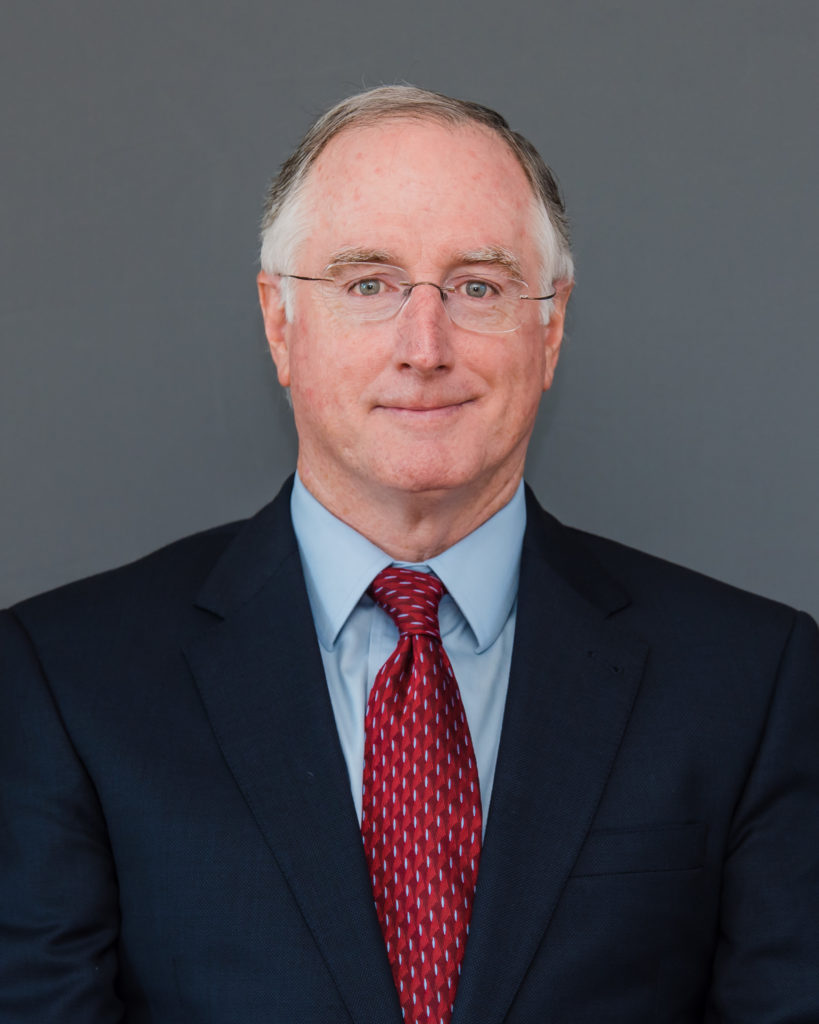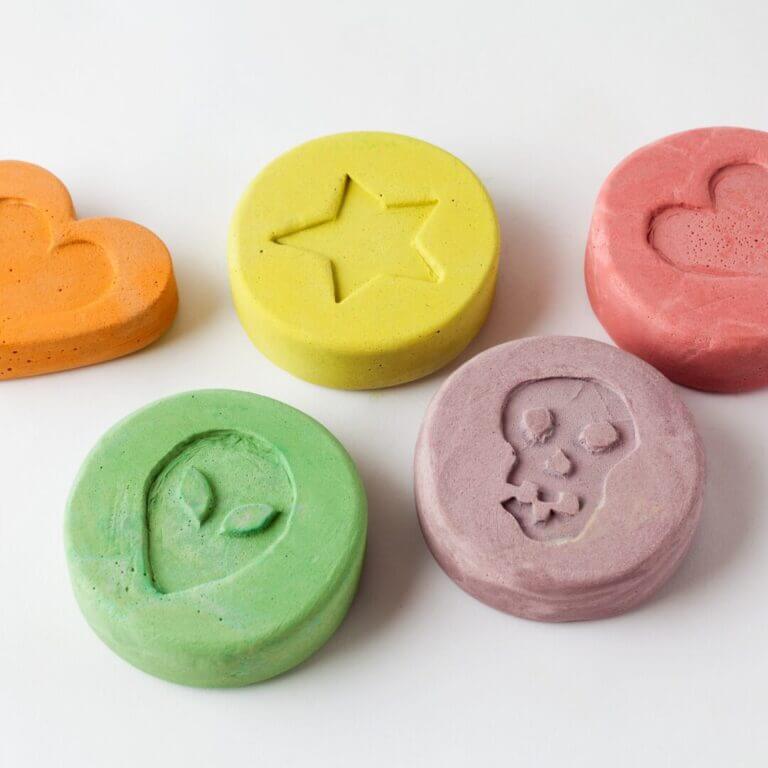One of the misconceptions about addiction recovery is the connection between recovery programs and religion or spirituality. At Ashley we believe that everyone can find their own spiritual journey, whether they are Atheist, Agnostic, Jewish, Christian, Hindu, or follow any other system of belief. Spirit and religion are not synonymous, but each has their own importance in our recovery.
An Atheist may find that their spiritual journey is in building their own independence, or establishing a meaningful connection with nature or a special partner. A Catholic might find their spiritual strength through God or their church-community. Each one of us has our own life-changing journey we must go on, and our faith in ourselves and our spirit is what will not only see us through, but ultimately make us stronger and more complete as individuals.
It’s with that in mind that 12-step programs were developed that tied addiction recovery to a spiritual journey. One study, “Florentine and Hill house (2000) found the application of a spiritually based 12-step program with drug treatment increased recovering individuals’ chances to remain abstinent and achieve long-term results.” Others found that the same spirituality correlated to lower stress and anxiety, feeling more supported, and having a more optimistic outlook on life (Amato, Peter P. & Szydlowski, Steven J.Spirituality in Addiction and Mental Health: A Practical Case Approach).
Because we recognize that everyone goes through the 12-step process in their own way, with their own beliefs, we accommodate a variety of events, such as drum circles, prayer, meditation, yoga and other nondenominational and multi-denominational practices. We have priests, ordained ministers, rabbis, and an in-house licensed female spiritual advisor, and are happy to collaborate and accommodate to any beliefs.
We’ve found the freedom and liberty of being able to follow your own beliefs, coupled with the support of an accepting community and structured environment makes it easier and more enjoyable to learn self-care techniques. Self-care activities, such as mindfulness and meditation, are a great way to lower the enormous stress that comes with beating addiction and develop healthy habits and a positive mentality.
Through understanding our unique spiritual journey, we are better able to visualize the challenges we must overcome to be whole. No one goes through life unscarred, whether through shame, trauma, emotional stress or fleeting motivation. We are all on a journey that tests us individually. We need to foster the spiritual strength to overcome.
The National Institute of Drug Abuse found that patients in addiction recovery programs were more likely to remain abstinent, and less likely to relapse, if they had strong spiritual or religious principles guiding them (Schoenthaler, Stephen J., et al.). We have all had our faith, in our religion, or in ourselves, tested through the illness of addiction. Understanding that human weakness and admitting to our flaws is one of the most important steps in unburdening our soul.
From there, we are able to see where we are at, and where we want to be. We can visualize our goal, and through it, the person we can be at the end of our journey. No great hero ever went without struggle, and no one ever succeeded without a team behind them.
Each step in the road takes great effort and guidance. From better sleep and diet regimens, proper exercise, stress management, social engagement and exploration, everything has to be built, or rebuilt, one step at a time.
That’s why at Ashley we couple medical knowledge, with mental health experience, social activities, and spiritual guidance, to make sure you have a winning team behind you to help you complete your own spiritual journey in a way that leaves you stronger and more confident than ever before.
Author:

Mark Hushen, M.Div., MA
Chief Mission and Legacy Officer



